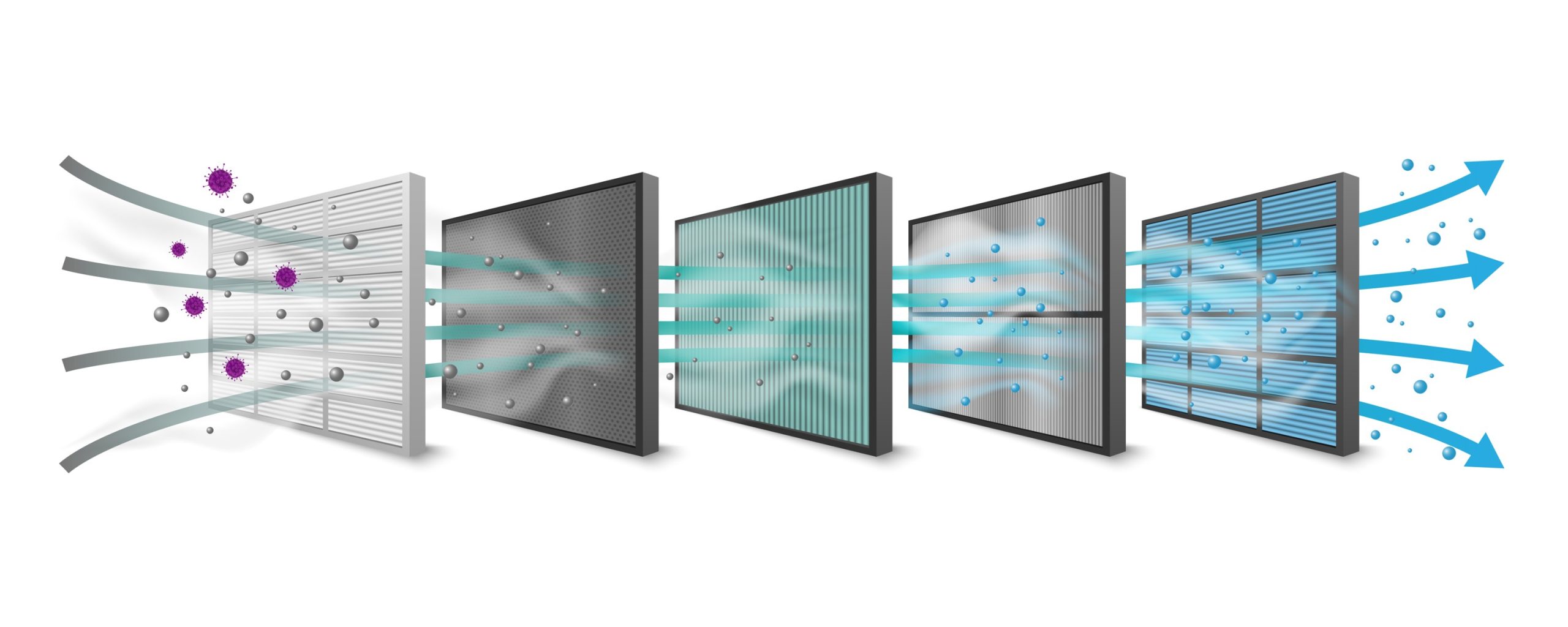
Are you seeking customized ventilation solutions for your home or business in Cork? We understand that prolonged periods of indoor activity with our loved ones often result in poor ventilation. Nowadays, homes are often airtight, leading to stagnant, musty, and damp air indoors. This can negatively impact indoor air quality, with elevated humidity levels from activities such as washing and drying clothes, bathing, cooking, and boiling water, as well as pollutants from furnishings, odours, and mites that can produce toxic gases and severe condensation. We can assist you in addressing these concerns.
We have the expertise and the knowledge to reduce these harmful effects on your home by installing a tailored ventilation solution. This could range from low-energy extractor fans to premium quality ventilation systems for the whole home that filter the air you breathe and recycle waste heat.
Our quality products meet the requirements and standards set by Building Regulations and Irish Standards, and our personnel are fully trained in Nearly Zero Energy Building (NZEB).
Natural ventilation is unable to provide a consistent indoor environment, as outdoor temperatures, wind, and humidity levels vary. It also doesn’t provide filtration, so airborne pollutants may not be removed from the indoor air. Additionally, natural ventilation cannot regulate the temperature and humidity within a space. This is because the amount of air infiltration depends on several factors, including the number of open windows and prevailing weather conditions. Therefore, it is important to consider other forms of ventilation to ensure that the desired conditions are met.
Studies show that to ensure adequate ventilation by natural means, windows in a reasonably well-sealed building must be opened at least four to six times a day. To ensure fresh air is circulated throughout the building, this process should occur daily.
Mechanical ventilation systems introduce fresh air into a building while removing stale air. It is cost-effective and energy efficient, and helps maintain a healthy air quality in the building.
Buildings without proper ventilation are prone to stagnant air, with bacteria accumulating inside, polluting the air. Poor air quality can cause a range of health issues including respiratory problems, headaches, and fatigue.
It is essential to ensure proper ventilation in any building to ensure the health and safety of occupants.
In humid or cold areas, and particularly in uninsulated buildings, condensation can become a factor when humidity levels are too high. This can lead to mould growth and various health issues.
For example, high condensation levels can lead to water droplets forming on the inside of windows, eventually dripping down onto furniture and carpets.
The fabric of buildings can also deteriorate when exposed to moisture, which reduces the life of the building and increases its cost over its lifetime.
Proper ventilation is necessary at home and at the workplace. As more and more people return to work, creating effective practices to combat poor ventilation has become paramount. Improving indoor ventilation increases employee performance and creates safer and healthier workplaces, promoting happier employees.
Research by Oxford University’s Saïd Business School, in collaboration with British multinational telecoms firm BT, has found a conclusive link between happiness and productivity.
Making the right selection is paramount, as a high-efficiency heat recovery system is ineffective if there are air leaks in the building envelope. Poorly sealed windows, doors, and other openings can result in significant air leakage and energy loss. Therefore, a comprehensive assessment of the building envelope should be done before any ventilation system is installed. Additionally, regular maintenance and repair of the ventilation system should be undertaken to ensure its proper functioning.
This will help ensure that the system is sized correctly and can meet the needs of the space. Additionally, it will reduce energy costs by avoiding oversizing.
Properly sized systems can help reduce these issues, leading to lower energy costs, reduced noise, and improved comfort. This can help save money in the long run while contributing to sustainability and reducing environmental impact. It can also lead to higher levels of productivity and improved morale among the occupants. If you’re not sure what business ventilation type to choose, speak to a member of our team.
Our highly skilled ventilation engineer is fully trained in repairing and maintaining all types of ventilation systems in buildings.
Get in touch, and we will answer any questions you may have.
Condensation can cause mould on walls, furniture and soft furnishings (for example, curtains). It can even damage plasterwork and rot wooden window frames. Damp conditions can also increase house mites. If anyone in your home has a breathing condition such as asthma or bronchitis, it is crucial to control condensation. This is because mould and house mites may worsen these conditions.
Moisture produced in our homes during our everyday activities contributes extra moisture to the air inside our homes. Even breathing adds moisture (remember when you breathe into cold windows and mirrors it mists them up?). One sleeping person adds half a pint of water to the air overnight, at twice that rate when active during the day.
